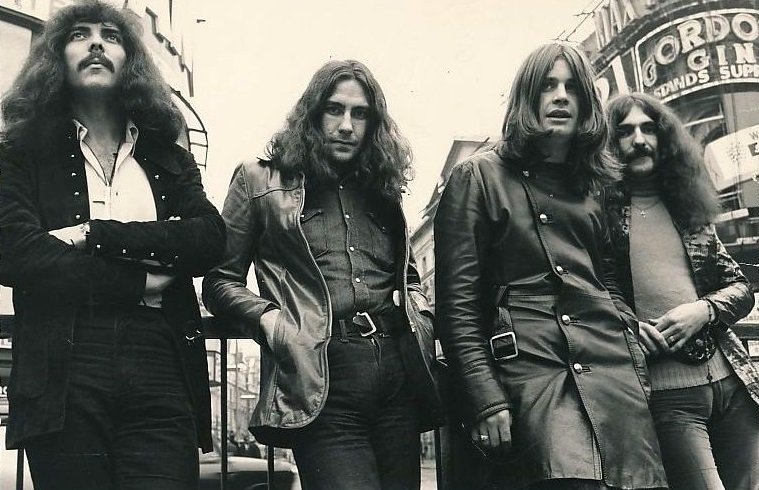

Freddie Mercury, the lead vocalist of Queen and one of the most recognised figures in modern music, died on 24 November 1991 at his home in Kensington, London. His death was caused by bronchial pneumonia resulting from complications of AIDS. Documentation from the time confirms that Mercury publicly acknowledged his condition only one day before passing away, in a statement released on 23 November 1991. (History.com) His death marked a defining moment in music history, ending a career that reshaped rock performance, vocal technique and international stadium touring.

Mercury was born Farrokh Bulsara on 5 September 1946 in Zanzibar. His family moved to Middlesex, England, in 1964. He studied art and design before forming Smile with Brian May and Roger Taylor, and in 1970 the group reformed under a new name, Queen. The band signed with EMI in 1973 and released their self titled debut album the same year. Mercury contributed vocals, piano and songwriting, becoming known for his wide four octave range and distinctive on stage presence. (Encyclopaedia Britannica)

Throughout the 1970s and 1980s, Queen released several commercially successful albums, including Sheer Heart Attack, A Night at the Opera and News of the World. Mercury wrote or co wrote a number of the group’s major hits, including “Bohemian Rhapsody”, “Somebody to Love” and “We Are the Champions”. Documentation in Queen’s discography records shows that “Bohemian Rhapsody” reached number one in the United Kingdom for nine weeks following its release in 1975. (Official Charts)
By the mid 1980s, Queen had become one of the most successful touring acts in the world. Mercury’s 1985 Live Aid performance at Wembley Stadium has been cited in multiple analyses and retrospectives as one of the most significant rock performances of all time. Video and commentary released as part of the Live Aid anniversary materials highlight Mercury’s role in leading the event’s highest energy set. (BBC)
Mercury was diagnosed with AIDS in the late 1980s, although he kept the condition private. Statements from band members and management confirm that Mercury continued recording throughout his illness. Brian May and Roger Taylor have documented that Mercury was still recording vocals in 1991 even during periods of serious health decline. These sessions later formed the basis of Queen’s posthumous 1995 album Made in Heaven. (Queen Archives)
On 23 November 1991, Mercury released an official statement through publicist Roxy Meade confirming that he had tested positive for HIV and had AIDS. The announcement read:
“Following enormous conjecture in the press, I wish to confirm that I have been tested HIV positive and have AIDS. I felt it correct to keep this information private to date to protect the privacy of those around me.”
This statement is recorded in multiple news archives, including the BBC and History.com.
Mercury died less than 24 hours later. The reaction was global, with tributes broadcast from major networks and written by international publications. Following his death, Mercury’s partner Jim Hutton and the remaining members of Queen created and supported the Mercury Phoenix Trust, an organisation dedicated to HIV and AIDS awareness and funding. (Mercury Phoenix Trust)
Mercury’s influence continued to expand long after his passing. He was posthumously inducted into the Rock and Roll Hall of Fame in 2001 as a member of Queen. In 2003, he joined the Songwriters Hall of Fame. Queen were also inducted into the UK Music Hall of Fame in 2004. These acknowledgements appear in public records of each institution’s listings.
The commercial impact of his work also remains significant. Queen’s music continues to chart internationally each year, aided by film releases, streaming growth and annual sales reports. The 2018 film Bohemian Rhapsody introduced Mercury’s story to newer audiences and led to renewed interest in Queen’s discography, resulting in increased streams and chart re entries for several tracks.
Mercury’s final recordings, made in 1991, demonstrate the extent of his commitment to music even during the final months of his life. According to statements from Brian May, Mercury insisted on recording as much material as possible so that the band could complete later albums. These accounts appear in various interviews and archives published after Mercury’s passing. (Queen Official)
Freddie Mercury remains one of the most recognisable singers of the 20th century. His vocal abilities, songwriting, live performances and cultural impact continue to influence artists across genres. His life and career are preserved through Queen’s catalogue, global tributes and ongoing support for HIV and AIDS awareness.
More From Behind The Melody:
Visit our Home Page
Explore The Vault – Music History
Browse On This Day – History Archive




